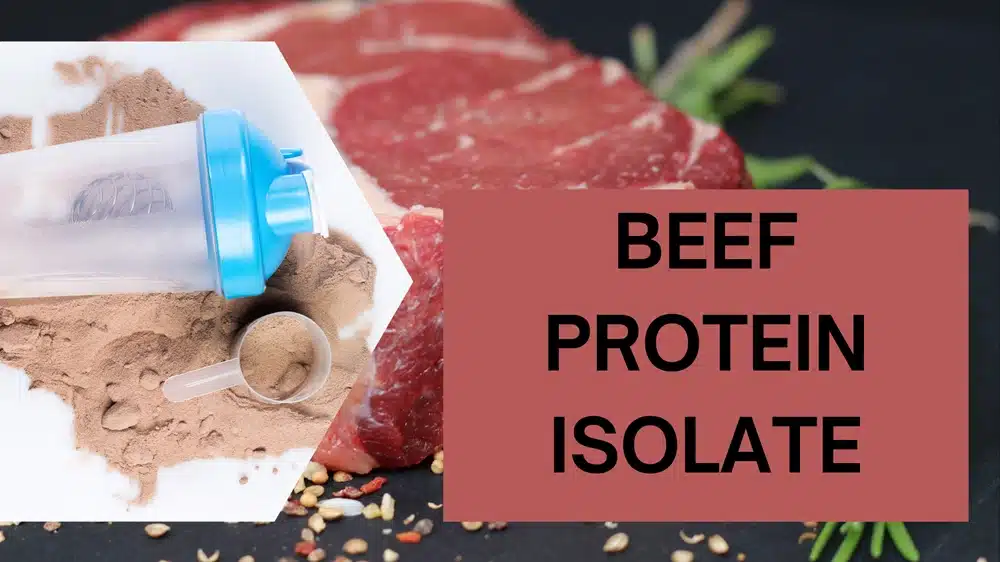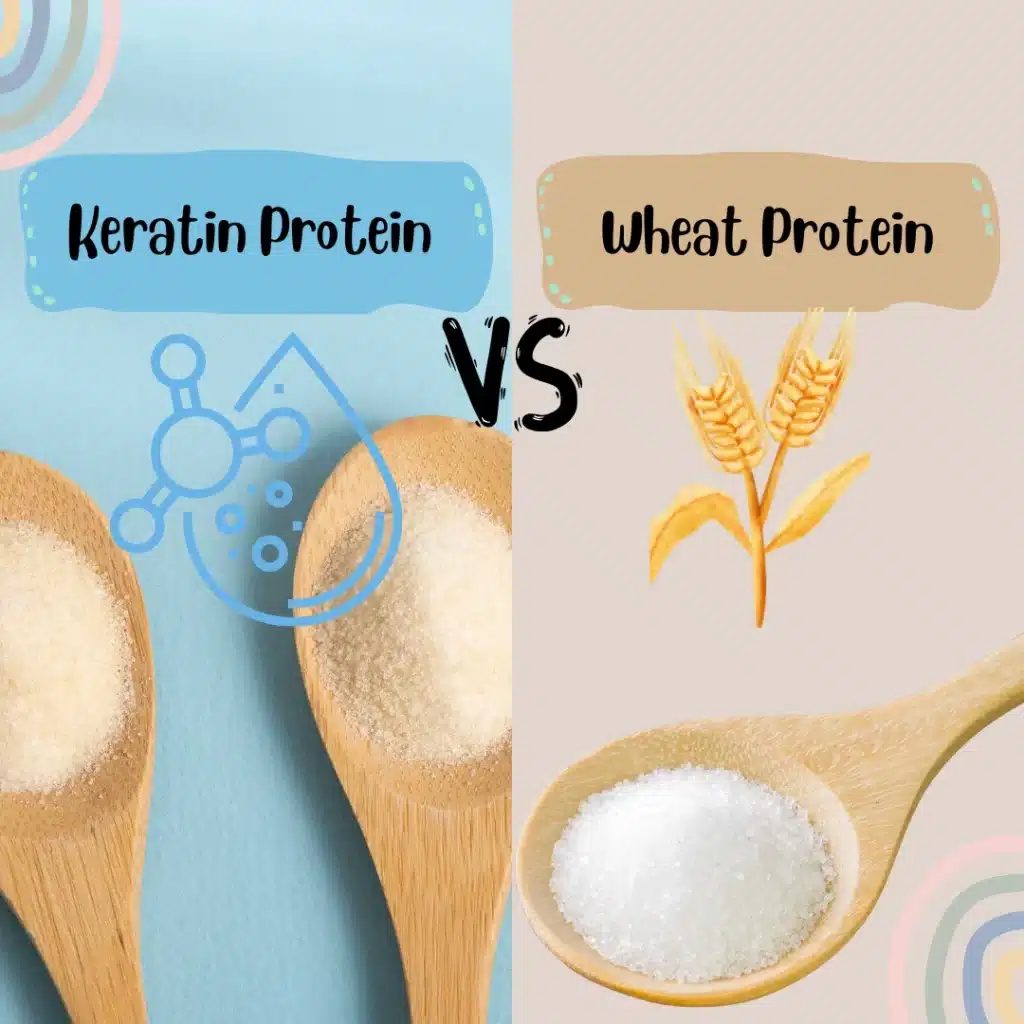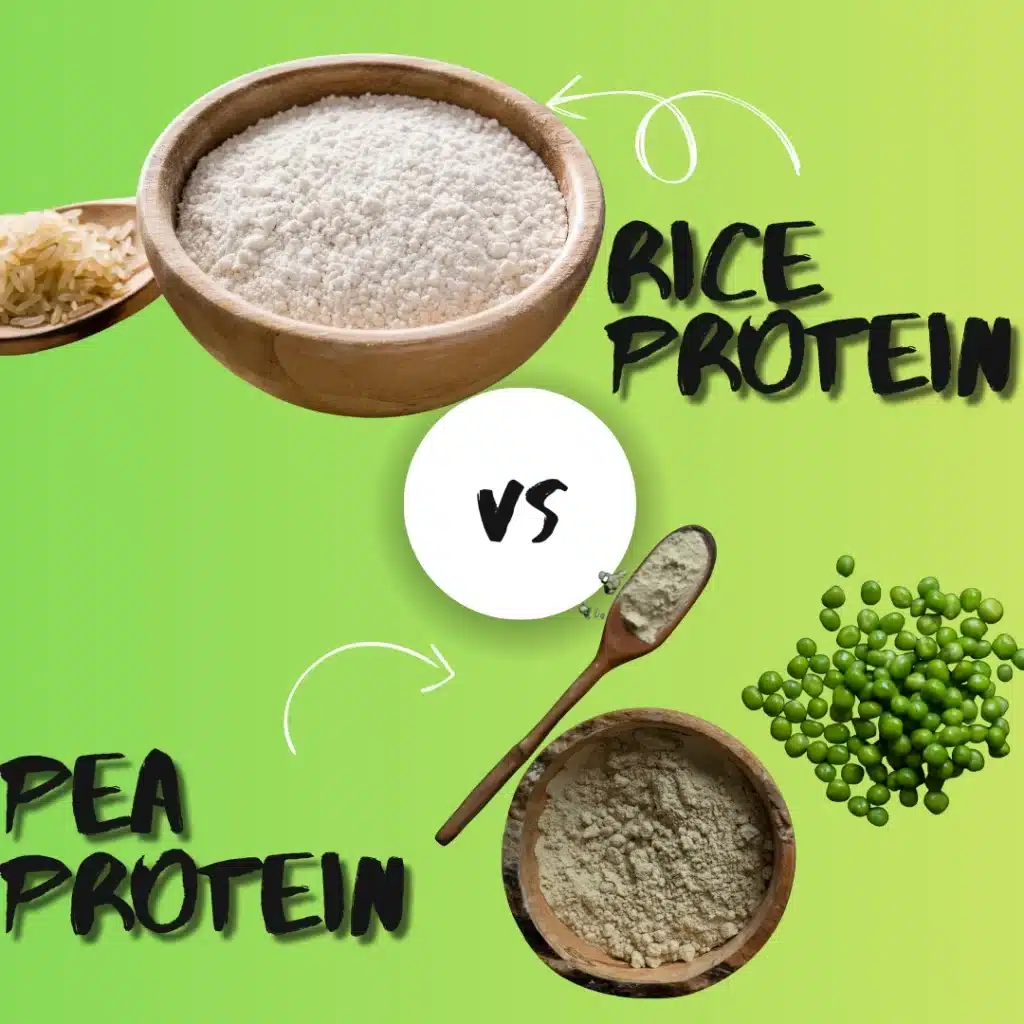
Introduction
Beef protein isolate has gained popularity as a supplement in fitness and nutrition, particularly for those seeking alternatives to dairy-based proteins like whey. This detailed analysis explores whether beef protein isolate qualifies as a complete protein, defined as containing all nine essential amino acids (EAAs) in sufficient quantities. We will examine its composition, production, and implications for dietary use, ensuring a comprehensive understanding for readers.
What is Beef Protein Isolate?
Beef protein isolate is a highly processed protein derived from beef, with fats and carbohydrates largely removed to create a product that is predominantly protein. The production process typically involves extracting protein from bovine sources, which can include muscle meat or connective tissues like collagen. This supplement is commonly used for muscle building, recovery after exercise, and as a dietary addition, especially for those following paleo diets or with lactose intolerance.
How is Beef Protein Isolate Made?
The production of beef protein isolate begins with sourcing beef, often from grass-fed cattle for higher quality. The beef is heat-treated to remove fats and reduce pathogens, then undergoes enzymatic hydrolysis to break down proteins into smaller peptides, enhancing digestibility. The resulting liquid is skimmed to eliminate carbohydrates and fats, and then dried into a fine powder, typically yielding a product with 90-96% protein content. However, the source of the beef—muscle meat or collagen—significantly impacts the amino acid profile, which we will explore later.
Common Uses
Beef protein isolate is widely used in sports nutrition for its potential to support muscle growth and recovery. It is also a popular choice for those on specific diets, such as paleo or lactose-free, due to its dairy-free nature. Additionally, it can be used as a meal replacement or to boost protein intake in low-carb or ketogenic diets.
Understanding Complete Proteins
A complete protein provides all nine essential amino acids (EAAs)—histidine, isoleucine, leucine, lysine, methionine, phenylalanine, threonine, tryptophan, and valine—in adequate amounts. These amino acids are crucial because the body cannot synthesize them, requiring dietary intake for functions like muscle protein synthesis, hormone production, and immune support. Incomplete proteins, such as many plant-based proteins (e.g., rice or beans), lack one or more EAAs, necessitating combination with other foods to meet nutritional needs. For example, whole beef is a well-known complete protein, providing a balanced amino acid profile .
Beef Protein Isolate Amino Acid Profile
The amino acid profile of beef protein isolate varies depending on its source. When derived from muscle meat, it typically mirrors the profile of whole beef, containing all nine EAAs. In contrast, collagen-based isolates are high in glycine, proline, and hydroxyproline but lack tryptophan, making them incomplete.
Comparison with Whole Beef and Other Proteins
Compared to whole beef, muscle meat-based beef protein isolate retains a similar amino acid profile, with high levels of leucine and lysine, critical for muscle growth. Whey protein, another complete protein, is renowned for its high leucine content (approximately 10-14g per 100g), which is slightly higher than beef protein isolate (around 3-4g per 100g). Soy protein, a plant-based complete protein, has a lower leucine content but is still effective for muscle synthesis when consumed in adequate amounts. The table below compares key EAAs across these sources:
| Amino Acid | Beef Protein Isolate (per 100g) | Whole Beef (per 100g) | Whey Protein (per 100g) | Soy Protein (per 100g) |
|---|---|---|---|---|
| Leucine | ~3.7g | ~8g | ~10-14g | ~7.8g |
| Lysine | ~3.8g | ~8.7g | ~9.6g | ~6.3g |
| Tryptophan | ~0.12g (muscle-based) | ~0.6g | ~1.8g | ~1.3g |
Beef Protein Isolate Benefits as a Protein Source
Beef protein isolate offers several benefits, particularly when derived from muscle meat. Its high bioavailability and digestibility, enhanced by hydrolysis, make it effective for muscle protein synthesis and recovery. It is suitable for specific diets, such as paleo or lactose-free, providing a dairy-free alternative to whey. Additionally, it contains micronutrients like iron, zinc, and B12, and some products include collagen, supporting skin, joint, and bone health. A study showed that beef protein isolate increased lean body mass by 5.7% in resistance-trained individuals, comparable to whey’s 4.7%.
Beef Protein Isolate Side Effects
While beef protein isolate is generally safe, there are considerations. The variability in amino acid profiles due to different sources (muscle vs. collagen) can affect efficacy. Collagen-based products may not support muscle growth as effectively due to lower leucine and tryptophan content. Compared to whey or egg proteins, beef protein isolate can be more expensive, and taste or mixability may vary, with some users noting a beefy flavor. It is not suitable for vegetarians or vegans, and those with beef allergies should avoid it. General protein supplement concerns, such as digestive discomfort, may apply, though beef protein isolate is often marketed as hypoallergenic.

Practical Applications
Beef protein isolate is ideal for athletes, bodybuilders, and individuals with dietary restrictions, such as lactose intolerance or adherence to paleo diets. It can be incorporated into shakes, smoothies, or meals to meet protein needs, typically mixed with water or a favorite beverage. To choose a high-quality product, look for those specifying muscle meat as the source, with a complete amino acid profile. For bulk purchasing or custom formulations, check for beef protein isolate bulk options from trusted suppliers offering packaging service or custom formula options.
FAQs
Is beef protein isolate good for building muscle?
Yes, beef protein isolate is effective for muscle building due to its high protein content and bioavailability, especially when sourced from muscle meat.
Is beef protein isolate better than whey isolate?
It depends. Beef protein isolate is comparable to whey for muscle growth. Whey has higher leucine content, but beef is better for lactose-intolerant or paleo dieters. Choose based on dietary needs and taste preference.
Is beef a complete or incomplete protein?
Beef, including muscle meat-based beef protein isolate, is a complete protein, containing all nine essential amino acids (EAAs). Collagen-based isolates may lack tryptophan, making them incomplete.
Is beef isolate protein better than bone broth protein?
Beef isolate protein (muscle-based) is generally better for muscle building due to its complete amino acid profile. Bone broth protein, often collagen-based, lacks tryptophan and is less effective for muscle synthesis but supports joint and skin health.
What is the best protein meat for building muscle?
Lean beef (e.g., sirloin, ground beef) is excellent for muscle building due to its complete amino acid profile, and micronutrients like iron and zinc.
When to take beef protein isolate?
Take it post-workout for muscle recovery or as a meal supplement to meet daily protein needs.
Conclusion
In conclusion, beef protein isolate can be a complete protein if sourced from muscle meat, containing all nine essential amino acids necessary for muscle growth and overall health. However, collagen-based isolates may lack tryptophan, making them incomplete. This variability underscores the importance of checking product labels and choosing high-quality, muscle meat-based products like prime protein beef isolate. Beef protein isolate plays a valuable role in sports nutrition manufacturing, offering benefits for muscle recovery and dietary flexibility. Readers are encouraged to evaluate their protein needs, verify product sources, and consult a nutritionist to ensure optimal supplementation choices.
Table: Comparison of Protein Sources
| Protein Source | Complete Protein | Key Benefits | Potential Drawbacks |
|---|---|---|---|
| Beef Protein Isolate (Muscle) | Yes | High bioavailability, dairy-free, supports muscle growth | Higher cost, variable taste |
| Beef Protein Isolate (Collagen) | No | Supports joint/skin health, dairy-free | Lacks tryptophan, less effective for muscle |
| Whey Protein | Yes | High leucine, rapid absorption | Dairy-based, may cause digestive issues |
| Soy Protein | Yes | Plant-based, cost-effective | Lower leucine, potential allergen |
Healthline: General information on complete proteins and amino acid profiles.
Link: www.healthline.com



